Title: Assessing human health risks associated with wastewater flooding
Journal: Environmental Impact Assessment Review
DOI: https://doi.org/10.1016/j.eiar.2025.108031
Abstract: Exposure to wastewater, resulting from flooding of sanitary sewer systems during extreme weather events, presents a critical public health challenge, exacerbated by climate change and population growth. Wastewater contains a mixture of biological and chemical contaminants, posing significant health risk to communities, and leading to lingering risks of mould growth in flooded buildings. The health risks associated with exposure to contaminated wastewater during flooding events are particularly acute for vulnerable populations, including children (<5 years), the elderly (>65 years), and individuals with chronic obstructive pulmonary disease (COPD), asthma, mobility and visual impairments, mental health disorders, and high blood pressure. In this study, scenario-based wastewater modeling is used to estimate the population of vulnerable individuals and buildings at-risk during flood events, focusing on Charlottetown, Prince Edward Island as a case study. The modeling estimates that by 2023, approximately 3225 individuals and 6.4 % of total buildings are at risk from wastewater flooding under a 2-year scenario, increasing to 9479 individuals and 11.6 % of buildings by 2060. For a 100-year scenario, the risk rises from 8170 individuals and 17 % of buildings in 2023 to over 16,708 individuals and 21.5 % of buildings by 2060. The study also proposes detailed exposure pathways and introduces a collaborative planning framework to support adaptive wastewater management. The results highlight increasing vulnerabilities, with severe consequences such as exposure to aerosolized pathogens, heavy metals, and mould growth. By addressing health risks and advocating for socially equitable flood risk mitigation, the study offers actionable insights to support sustainable and resilient communities. This study aligns with the goals of good health and wellbeing (SDG3), and clean water and sanitation (SDG6), both of which are essential for achieving sustainable cities and communities (SDG11).

Here in the Climate Smart Lab, we are a group of people developing sustainable climate solutions with cutting-edge technologies to help build climate-resilient communities. Collectively, we are working together with experts from all disciplines to build a climate-smart future for the next generation and many generations to come.